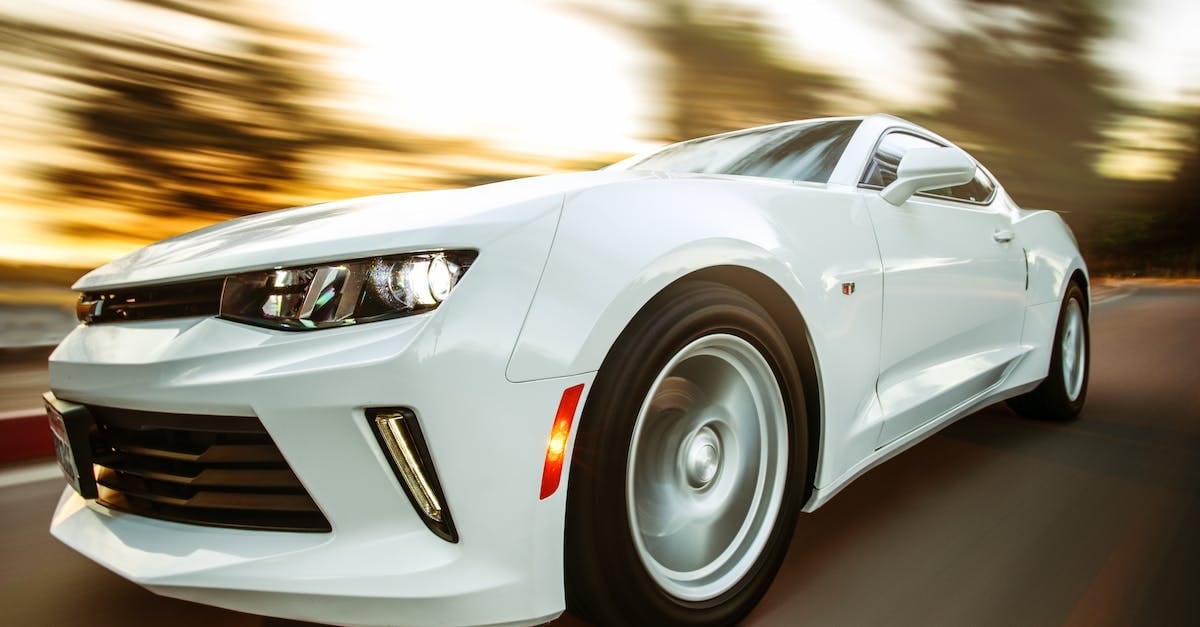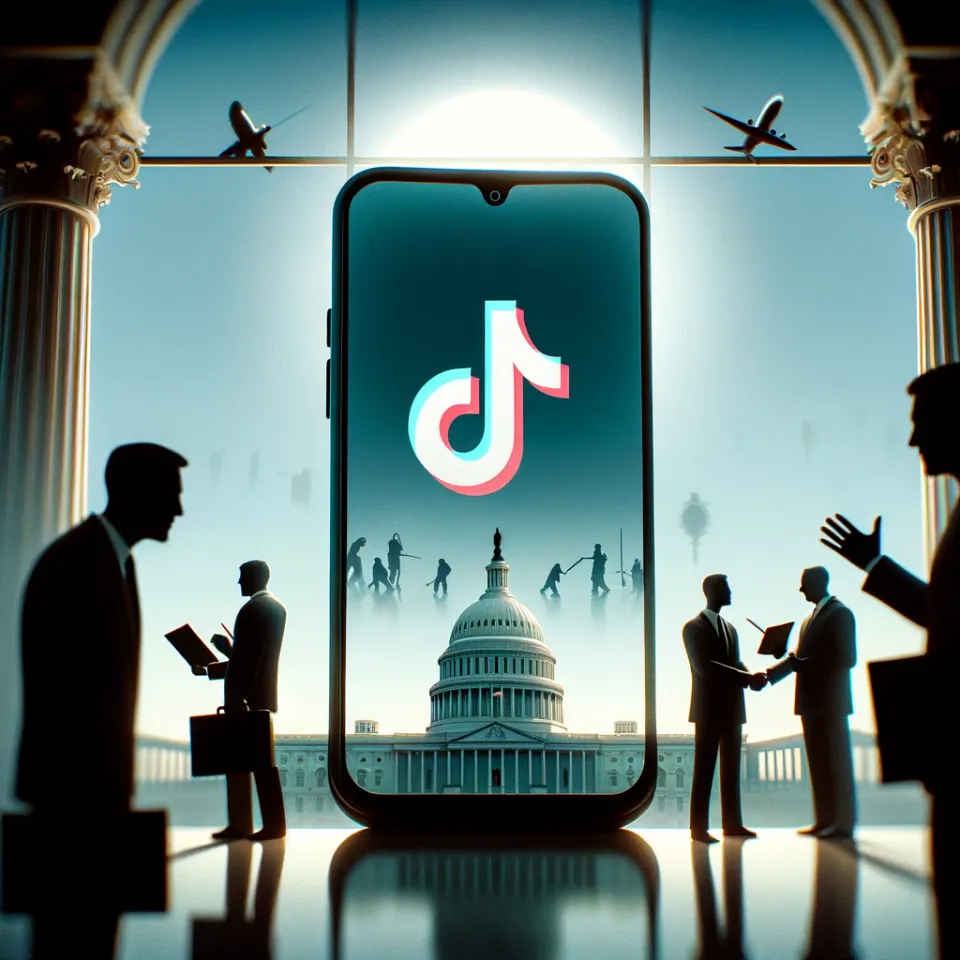Federal Judge Denies Class Action Lawsuit Alleging Privacy Violations by Auto Manufacturers

Introduction:
In a significant legal development, a federal judge has ruled against resurrecting a class-action lawsuit accusing four major auto manufacturers of violating Washington state’s privacy laws. The companies – Honda, Toyota, Volkswagen, and General Motors – were exonerated, as the judge determined that the use of vehicles’ infotainment systems to record and intercept private text messages and call logs did not breach privacy standards under state law. This decision represents a major victory for automakers, who remain embroiled in five class action suits related to this issue. Additionally, this ruling reinforced the dismissal of a similar lawsuit against Ford.
1. Initial Dismissal Sparks Appeal:
The plaintiffs in the four ongoing cases filed an appeal after their respective lawsuits were initially dismissed. However, the appellate judge in Seattle upheld the dismissal, stating that the interception and recording of mobile phone activity fell short of Washington Privacy Act’s threshold for proving “threat” to an individual’s business, person, or reputation.
2. Allegations Against Honda:
In one of the five cases, plaintiffs filed a lawsuit against Honda in 2021, contending that the company’s infotainment systems had been surreptitiously downloading and storing copies of all text messages from connected smartphones since at least 2014. The lawsuit revealed that an Annapolis-based firm named Berla Corporation provided this technology exclusively to car manufacturers, denying public access. The downloaded messages were rendered inaccessible to vehicle owners but could be accessed by law enforcement entities, according to the lawsuit.
3. The Critical Ruling on Privacy Violations:
Despite the plaintiffs’ arguments, the judge concluded that the actions of auto manufacturers did not meet the required standard for an illegal privacy violation. In order to establish a privacy violation under the Washington Privacy Act, a plaintiff must demonstrate an infringement upon their business, person, or reputation. As per the judge’s ruling, the recording and interception of mobile phone activities did not reach this threshold.
4. Implications for Automakers:
The judge’s decision represents a significant win for Honda, Toyota, Volkswagen, and General Motors, as it dismisses the allegations raised against them. This outcome alleviates potential liabilities and damages that otherwise may have arisen from the class action lawsuit. However, it is important to note that the ruling pertains only to Washington state’s privacy laws and does not provide a comprehensive precedent for similar cases in other jurisdictions.
5. Berla Corporation’s Involvement:
The lawsuit against Honda highlighted the involvement of Berla Corporation, an Annapolis-based company specializing in providing technology to car manufacturers. Berla’s software facilitated the downloading and storage of text messages on infotainment systems, effectively denying vehicle owners access. The claims also suggested that law enforcement agencies had access to these stored interactions.
Conclusion:
The denial of the class action lawsuit against Honda, Toyota, Volkswagen, and General Motors is a significant victory for the automakers, as a federal judge ruled that the recording and interception of mobile phone activities using infotainment systems do not violate Washington state’s privacy laws. Although this specific ruling may not directly impact similar cases beyond Washington, it sets an important precedent regarding privacy standards and the burden of proof required for privacy violations in the automotive industry. As technology advances, legal considerations surrounding data privacy and consumers’ rights will continue to shape the evolution of the auto industry.




